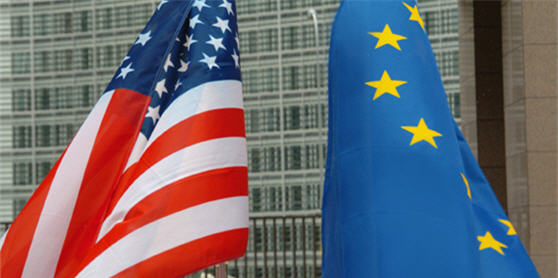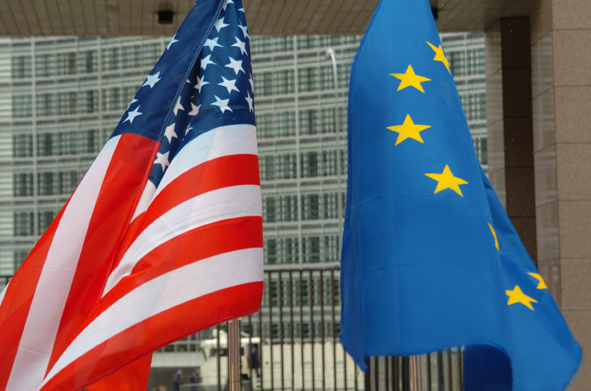
Let us face it: the United States – and to a degree Western democracies in general – have lost a lot of stature and respect around the world during the last eight years.
The reasons are many: the disastrous war in Iraq, the passivity in dealing with the Palestine issue, the neglect of multilateral institutions, the “collateral damage” of the war on terror and, most recently, the meltdown of financial institutions which have undermined the belief in the market economy.
To prove the value and benefits of Western democracies, the rule of law and the market economy should now be a priority concern for political life on both sides of the Atlantic. New leadership in the US – whether Republican or Democratic – and a new EU constitution may provide extra impetus to develop a dynamic new transatlantic agenda.
The traditional focus has been on trade and investments across the Atlantic and on mutual security, primarily NATO cooperation. The new agenda should have a much stronger global focus, as befits the age of globalization. Climate change and environmental degradation, communicable diseases, organized crime and terrorism know no national boundaries. They are global threats which in the end have national, even local, effects.
It is therefore not only the right thing to do but also in the enlightened self-interest for prosperous Western nations and organizations to concretely accept global responsibility.
One of the past century’s greatest success stories was the Marshall Plan after the Second World War which helped restore the economic and social health of Western Europe. Similar programs should now be developed and realized on issues like poverty eradication; clean water; education, particularly for girls; combating AIDS, malaria, and TB; and taking on organized crime and rampant corruption.
This, in combination with self-critical examination of how the market economy should function and seriously dealing with the unsolved issues of the Middle East, could not only be beneficial and add an ethical dimension to the transatlantic cooperation, it could also make a substantial difference for hundreds of millions of people around the world and send a message to them that the Western world cares and still remembers the word solidarity.
Jan Eliasson
Former Minister for Foreign Affairs of Sweden
President of the UN General Assembly (2005-06) and Ambassador to the US (2000-2005)
Image: us-eu-cooperation.jpg
